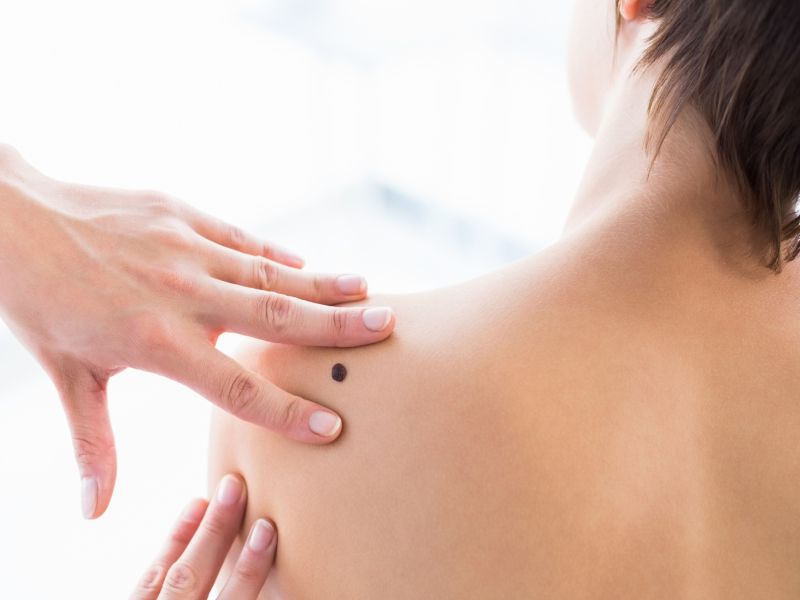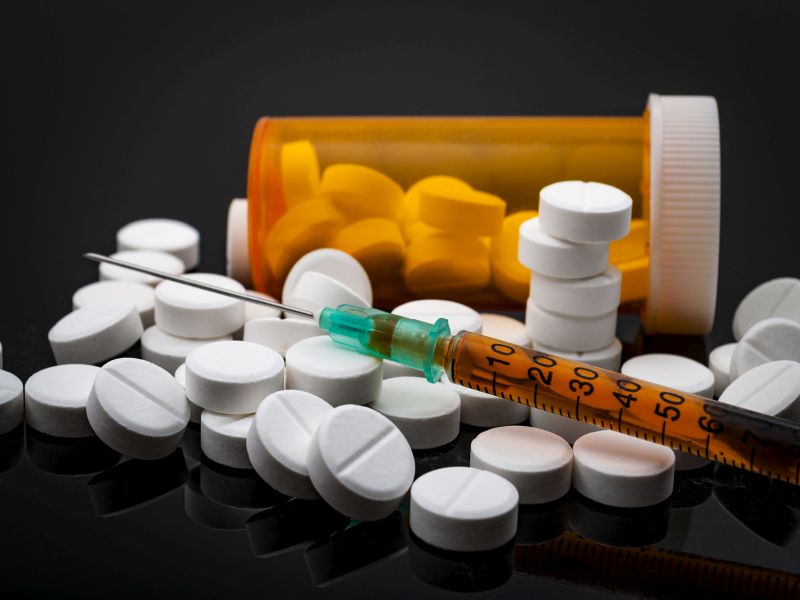
You might think of seeing a skin specialist for cosmetic procedures, to freshen skin or to get rid of lines. But do you recognize the signs of problems that need the attention of a skin doctor? Here are some of the most common skin conditions and their warning signs. Skin cancer is the most common… read on >



























